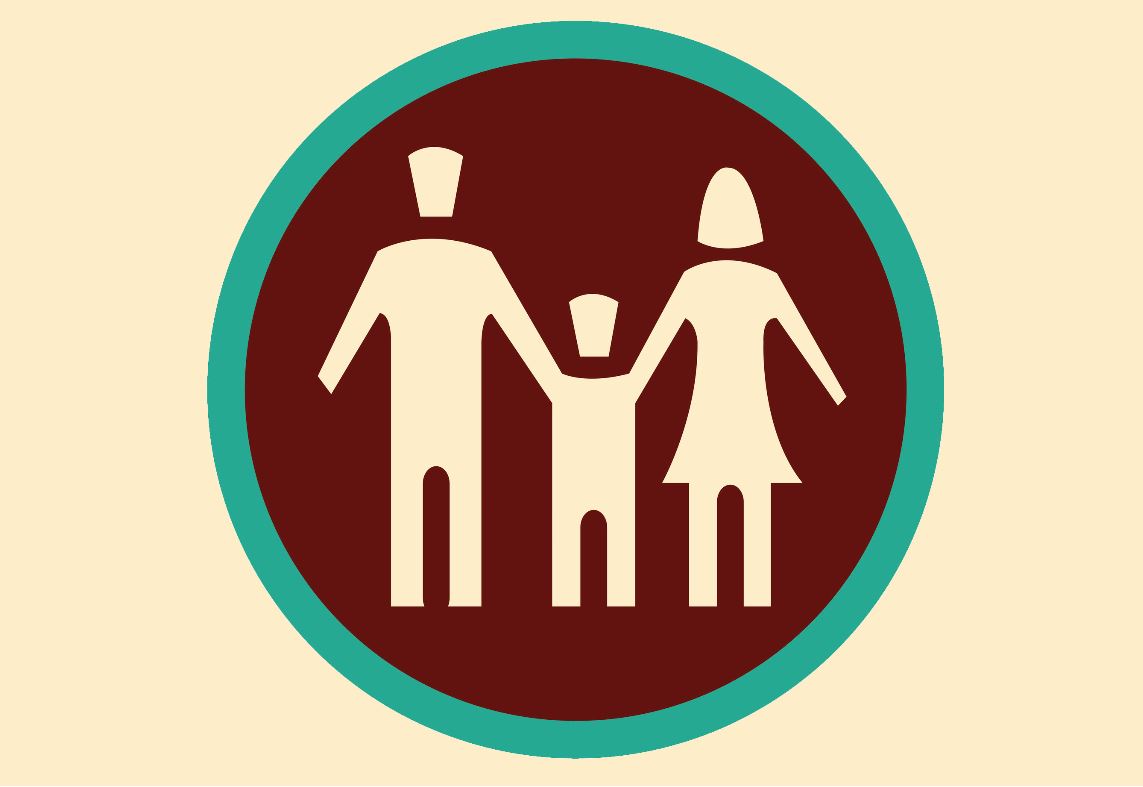Did you know that by the age of 4, one in four children in the U.S. have experienced a traumatic event?
And for impoverished kids that risk doubles to 50 percent with about 90 percent of kids and teenagers in the juvenile justice system having experienced trauma. In fact, by adulthood about 60 percent of us have experienced at least one traumatic event, often more.
Dr. Julian Ford is a psychiatry professor and director of the Center for Trauma Recovery and Juvenile Justice at UConn Health. He specializes in childhood trauma, its impact on brain development, and how to recognize and mitigate its effects.
“Trauma is an experience that threatens a person’s very life, that threatens the possibility of death, or permanent separation or loss of someone they love or depend on,” stresses Ford.
But what exactly is childhood trauma?
Ford says that trauma is abuse whether verbal, emotional, physical or sexual, neglect, violence, witnessing violence, or being involved in an accident or natural disaster. But a traumatic event doesn’t have to be physically life threatening. According to Ford verbal or emotional abuse can make a child feel worthless and unworthy of living while bullying can make someone feel suicidal.
Trauma causes people, including children, to live in near constant states of stress. That stress can manifest in emotional and behavioral problems including: aggression, delinquency, problems with learning and concentration, hyperarousal, risky behavior, defiance, withdrawal, sleep problems, self-harm or depression. Ford says these behaviors are often coping strategies for traumatized children to carry on in situations that seem impossible to endure.
“Kids who’ve experienced trauma can be stuck in permanent survival mode — hyper-vigilant and constantly on edge — waiting for the next awful thing to happen,” said Ford. “Kids often don’t realize or understand why they’re reacting the way they do.”
Ford is encouraging more adults, parents and teachers to become more “trauma informed” to prevent or detect childhood trauma and to serve as role models.
His childhood trauma recommendations include:
- Don’t ask a child “What’s wrong with you?”
- Try asking a child three questions: What happened to you? What did you need to do to not give up? What do you do now that gives life meaning?
- To mitigate childhood trauma stress reactions, whether for a child or adult, follow the simple “SOS” model:
- Stop. Slow down. Sweep your mind clear. Note, during this process it is key to be aware of how your body feels as you breathe in and out. Let your mind be a river that carries every negative thought away.
- Orient yourself. Try to focus on just thought or on the one hope, goal or relationship you value the most.
- Self-check your level of alarm and focus daily or as often as you need.
“The goal is to increase personal control,” says Ford since that control is our ability to think clearly under stress. “If kids who’ve survived trauma and are helped to do that and have role models who show them how to do that without ever saying it, they pick up on that and it shows them that they do have someone they can trust.”

Ford has served as the longtime mentor to Dr. Carolyn Greene of the Department of Psychiatry at UConn Health. Greene was just awarded a highly competitive K23 Career Development Award from the National Institute of Child Health and Human Development.
Greene has identified a key gap in knowledge of how parents and children together recover when a child is traumatized. The research award will allow Greene to pursue further research training and an important four-year research study focusing on the impact of the transmission of trauma in families and emotional regulation.
“Dr. Greene’s exciting new study will look at multiple generations of traumatized people, with a focus on helping kids by helping their parents deal better with emotions related to their own trauma,” shared Dr. David Steffens, chair of the Department of Psychiatry at UConn School of Medicine.
According to Ford, parents are instrumental in helping their child recover, but parents are people too and the stress they understandably experience as a result of their child’s trauma too often goes unnoticed and uncared for.
“Parents sometimes have experienced trauma in their own lives,” says Ford. “Dr. Greene’s research will enable us to more sensitively and effectively help parents and children together to recover from trauma.”



